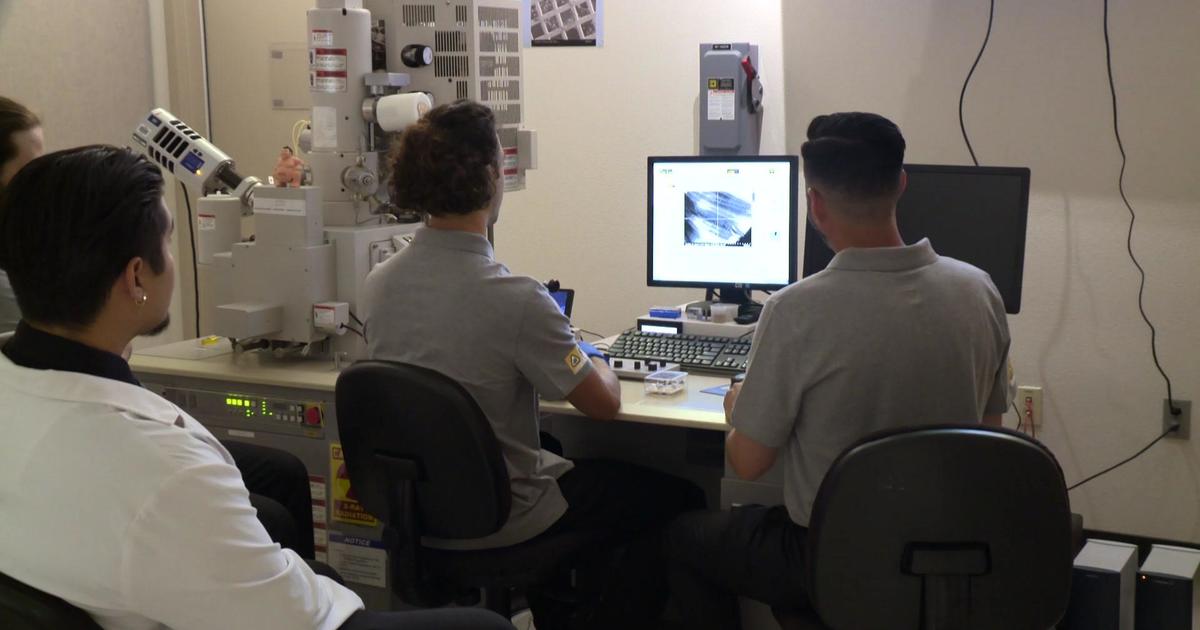The first day of April is always a day filled with mischief and pranks, and this tradition is not limited to just the general public. Scientists also participate in this tradition, using their intelligence to come up with elaborate hoaxes to trick their colleagues. These pranks often help build camaraderie in the lab and create lasting memories. I remember during my graduate studies when some of us played jokes on our teammates, causing momentary panic.
However, there is a fine line between harmless jokes and ones that can cause harm. When it comes to science communication, spreading false information, even as a joke, can have serious consequences. Some readers may not realize that a hoax is being played, leading them to believe and share the misinformation. This can ultimately damage the credibility of scientists and science communicators who work hard to provide accurate information to the public.
It is important for scientists to reconsider the use of science-related pranks on April Fools’ Day. If these jokes lead to the spread of misinformation beyond the designated day, the joke is no longer funny and can have negative impacts. It is crucial for scientists to prioritize scientific integrity and avoid contributing to the proliferation of false information under the guise of a joke.
Do you believe it’s time for scientists to retire science-based pranks on April Fools’ Day? Share your thoughts.



